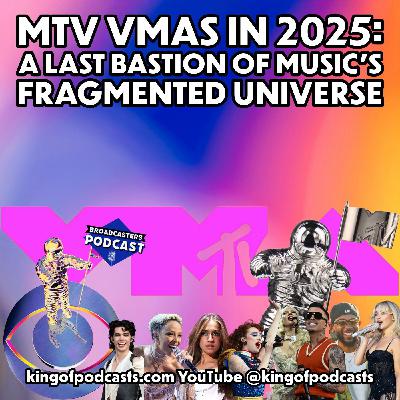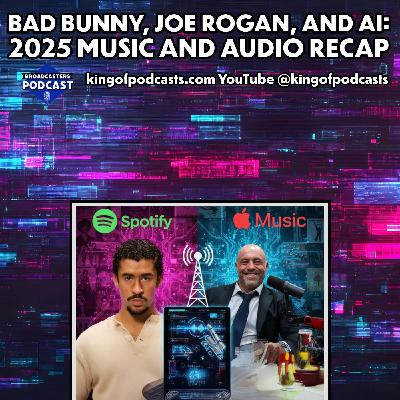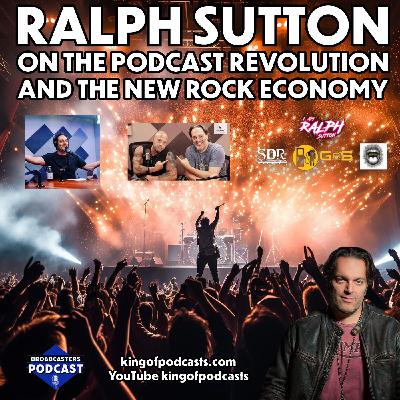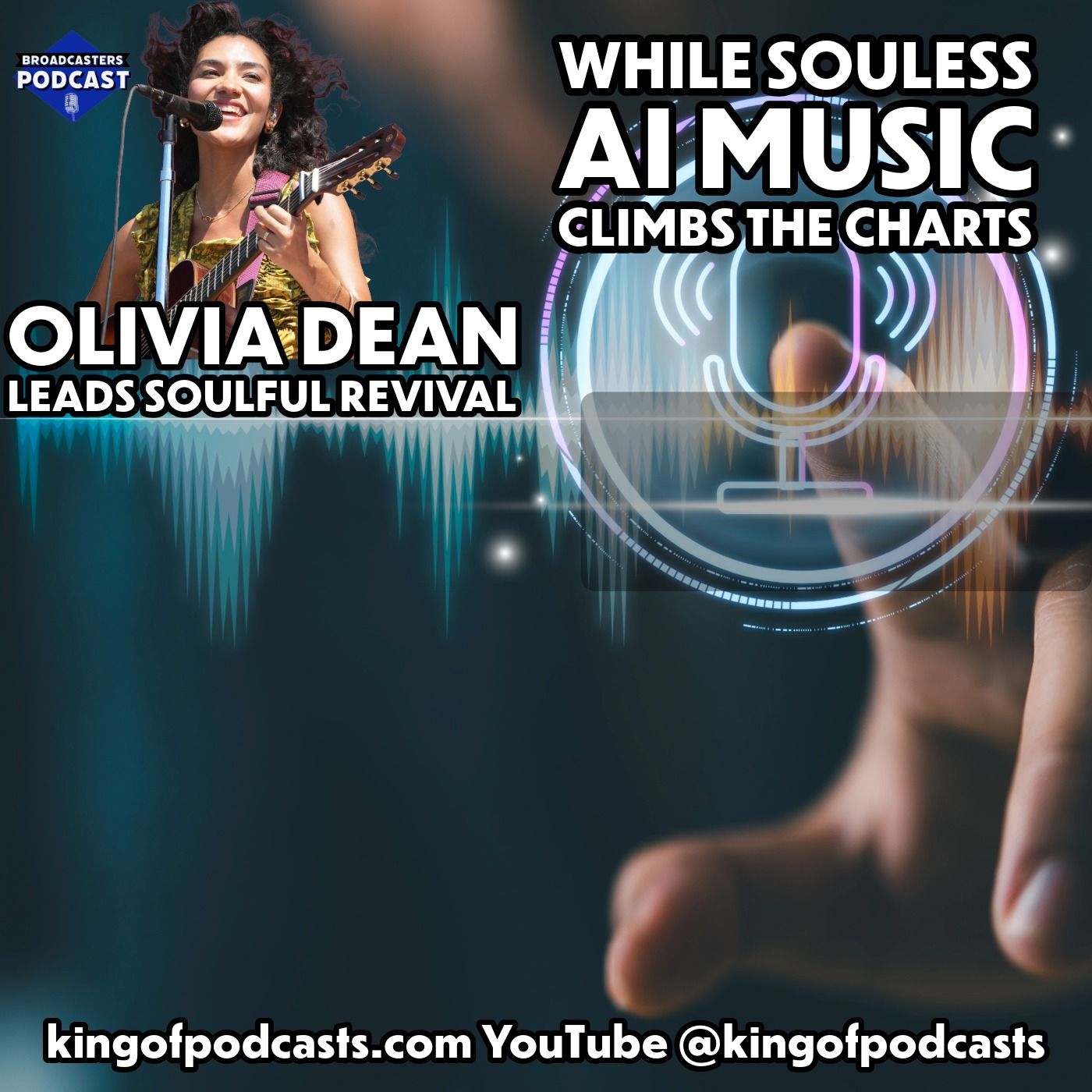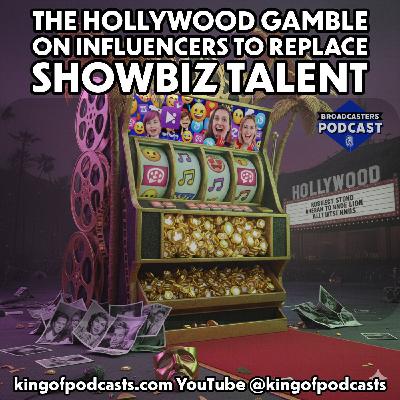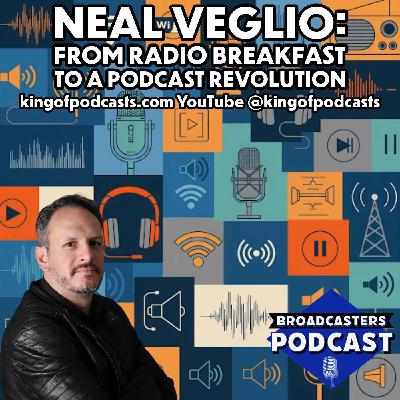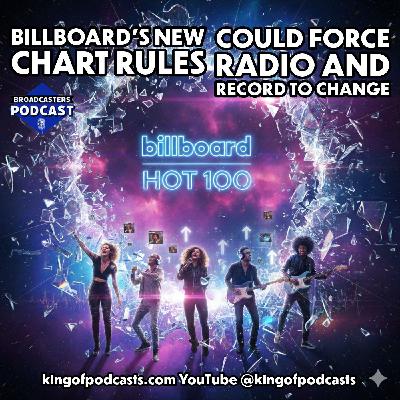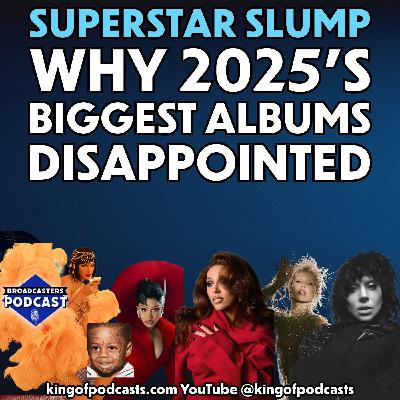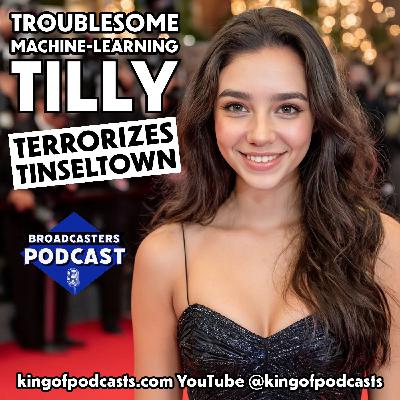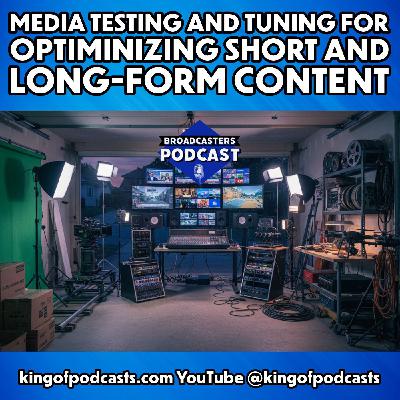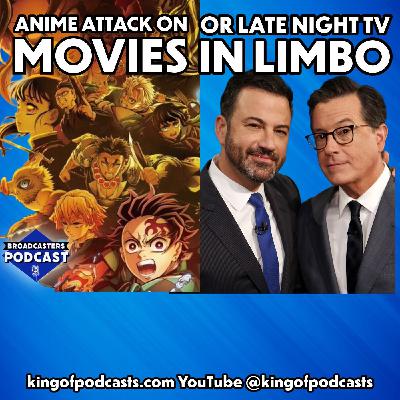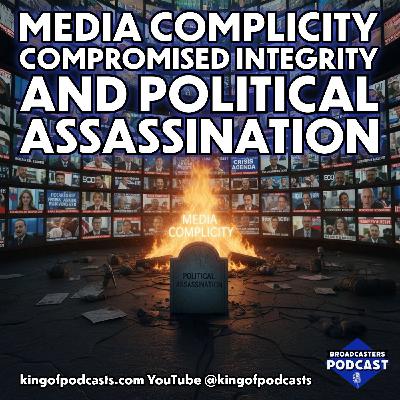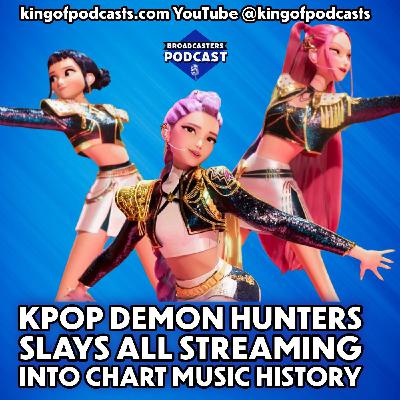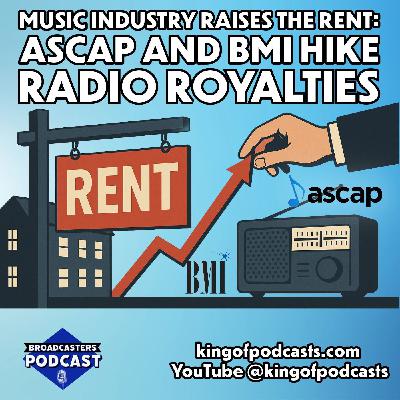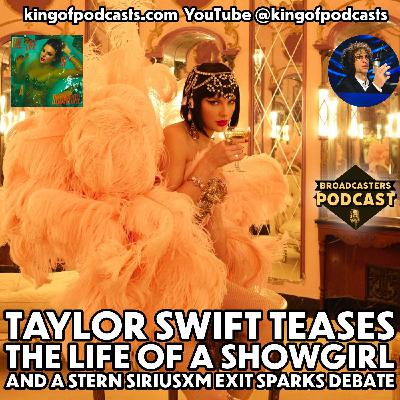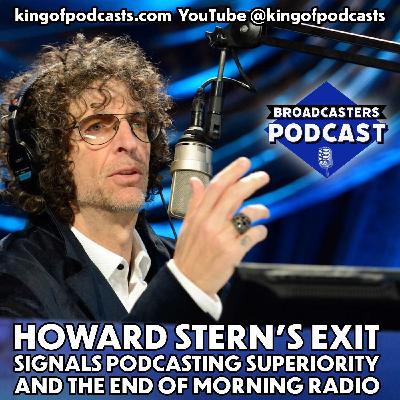MTV VMAs in 2025: A Last Bastion of Music's Fragmented Universe
Update: 2025-09-05
Description
Today's hyper-individualized digital consumption, where music is a personalized playlist and social media dictates trends, the MTV Video Music Awards (VMAs) in 2025 stands as a unique, and increasingly vital, cultural event.
While the show has seen its share of ups and downs in relevance, particularly throughout the streaming era, it has evolved into a crucial platform attempting to bridge the fractionalized landscape of modern music. The 2025 VMAs, in particular, showcases a deliberate effort to be a singular meeting point for a diverse array of genres, from traditional pop and hip-hop to the global rise of Afrobeats, K-Pop, reggaeton, and corridos.
Bridging the Musical Divide: A VMA ImperativeHistorically, the VMAs were a bellwether for what was "next" in pop culture. In 2025, that role has become more complex. Streaming services and social media have created a world of micro-genres and niche communities, making it difficult for any single artist or sound to dominate the cultural conversation in the way they once did. The VMAs have responded to this challenge by expanding their tent, and the 2025 ceremony is a testament to this strategy.
The inclusion of new categories for Best Pop Artist and Best Country Artist, for example, is a direct acknowledgment of the industry's evolving landscape. The show's nominations and performances reflect this expansive approach, featuring a roster of artists that spans the globe and a multitude of sounds. This year's lineup includes established pop stars like Lady Gaga and Sabrina Carpenter, alongside country artists like Jelly Roll and Megan Moroney, hip-hop heavyweights like Doja Cat and Post Malone, and Latin music icons like J Balvin and Ricky Martin. The ceremony actively seeks to be the one night where a K-Pop act can share the same stage and audience with a rock band or a reggaeton star, creating a cultural conversation that simply doesn't happen on an algorithmically-driven platform.
The Streaming Era: A History of Peaks and ValleysThe history of the VMAs in the streaming era has been marked by a struggle for cultural oxygen. The initial decades of the awards show were defined by their status as a "Super Bowl for youth," a must-see event that generated moments of collective shock and awe. The rise of YouTube and other video platforms, however, democratized the music video and diminished MTV's role as the primary gatekeeper of visual music.
This has led to a perceived lack of "notable moments" in recent years, as the kind of spectacles that once dominated headlines now compete with countless viral clips and online personalities.
Furthermore, the live performances have increasingly focused on solo artists, with a few singing groups making an appearance. The lack of traditional bands on the VMA stage is a notable trend, reflecting the current dominance of solo performers and producers in the music industry.
The show often leans on a sense of nostalgia, bringing back veteran artists like Mariah Carey, Ricky Martin, and Busta Rhymes to perform and receive special honors, giving viewers a taste of the show's past glory while also connecting with artists who have shaped the industry.
Become a supporter of this podcast: https://www.spreaker.com/podcast/the-broadcasters-podcast--3684131/support.
Contact KOP for professional podcast production, imaging, and web design services at http://www.kingofpodcasts.com
Support KOP by subscribing to his YouTube channel and search for King Of Podcasts
Follow KOP on X and TikTok @kingofpodcasts (F Meta!)
Listen to KOP’s other programs, Podcasters Row… and the Wrestling is Real Wrestling Podcast and The Broadcasters Podcast.
Buy KOP a Coffee https://buymeacoffee.com/kingofpodcasts
Drop KOP a PayPal https://www.paypal.com/donate?hosted_button_id=3TAB983ZQPNVL
Drop KOP a Venmo https://account.venmo.com/u/kingofpodcasts
Drop KOP a CashApp https://cash.app/$kingofallpodcasts
While the show has seen its share of ups and downs in relevance, particularly throughout the streaming era, it has evolved into a crucial platform attempting to bridge the fractionalized landscape of modern music. The 2025 VMAs, in particular, showcases a deliberate effort to be a singular meeting point for a diverse array of genres, from traditional pop and hip-hop to the global rise of Afrobeats, K-Pop, reggaeton, and corridos.
Bridging the Musical Divide: A VMA ImperativeHistorically, the VMAs were a bellwether for what was "next" in pop culture. In 2025, that role has become more complex. Streaming services and social media have created a world of micro-genres and niche communities, making it difficult for any single artist or sound to dominate the cultural conversation in the way they once did. The VMAs have responded to this challenge by expanding their tent, and the 2025 ceremony is a testament to this strategy.
The inclusion of new categories for Best Pop Artist and Best Country Artist, for example, is a direct acknowledgment of the industry's evolving landscape. The show's nominations and performances reflect this expansive approach, featuring a roster of artists that spans the globe and a multitude of sounds. This year's lineup includes established pop stars like Lady Gaga and Sabrina Carpenter, alongside country artists like Jelly Roll and Megan Moroney, hip-hop heavyweights like Doja Cat and Post Malone, and Latin music icons like J Balvin and Ricky Martin. The ceremony actively seeks to be the one night where a K-Pop act can share the same stage and audience with a rock band or a reggaeton star, creating a cultural conversation that simply doesn't happen on an algorithmically-driven platform.
The Streaming Era: A History of Peaks and ValleysThe history of the VMAs in the streaming era has been marked by a struggle for cultural oxygen. The initial decades of the awards show were defined by their status as a "Super Bowl for youth," a must-see event that generated moments of collective shock and awe. The rise of YouTube and other video platforms, however, democratized the music video and diminished MTV's role as the primary gatekeeper of visual music.
This has led to a perceived lack of "notable moments" in recent years, as the kind of spectacles that once dominated headlines now compete with countless viral clips and online personalities.
Furthermore, the live performances have increasingly focused on solo artists, with a few singing groups making an appearance. The lack of traditional bands on the VMA stage is a notable trend, reflecting the current dominance of solo performers and producers in the music industry.
The show often leans on a sense of nostalgia, bringing back veteran artists like Mariah Carey, Ricky Martin, and Busta Rhymes to perform and receive special honors, giving viewers a taste of the show's past glory while also connecting with artists who have shaped the industry.
Become a supporter of this podcast: https://www.spreaker.com/podcast/the-broadcasters-podcast--3684131/support.
Contact KOP for professional podcast production, imaging, and web design services at http://www.kingofpodcasts.com
Support KOP by subscribing to his YouTube channel and search for King Of Podcasts
Follow KOP on X and TikTok @kingofpodcasts (F Meta!)
Listen to KOP’s other programs, Podcasters Row… and the Wrestling is Real Wrestling Podcast and The Broadcasters Podcast.
Buy KOP a Coffee https://buymeacoffee.com/kingofpodcasts
Drop KOP a PayPal https://www.paypal.com/donate?hosted_button_id=3TAB983ZQPNVL
Drop KOP a Venmo https://account.venmo.com/u/kingofpodcasts
Drop KOP a CashApp https://cash.app/$kingofallpodcasts
Comments
In Channel

